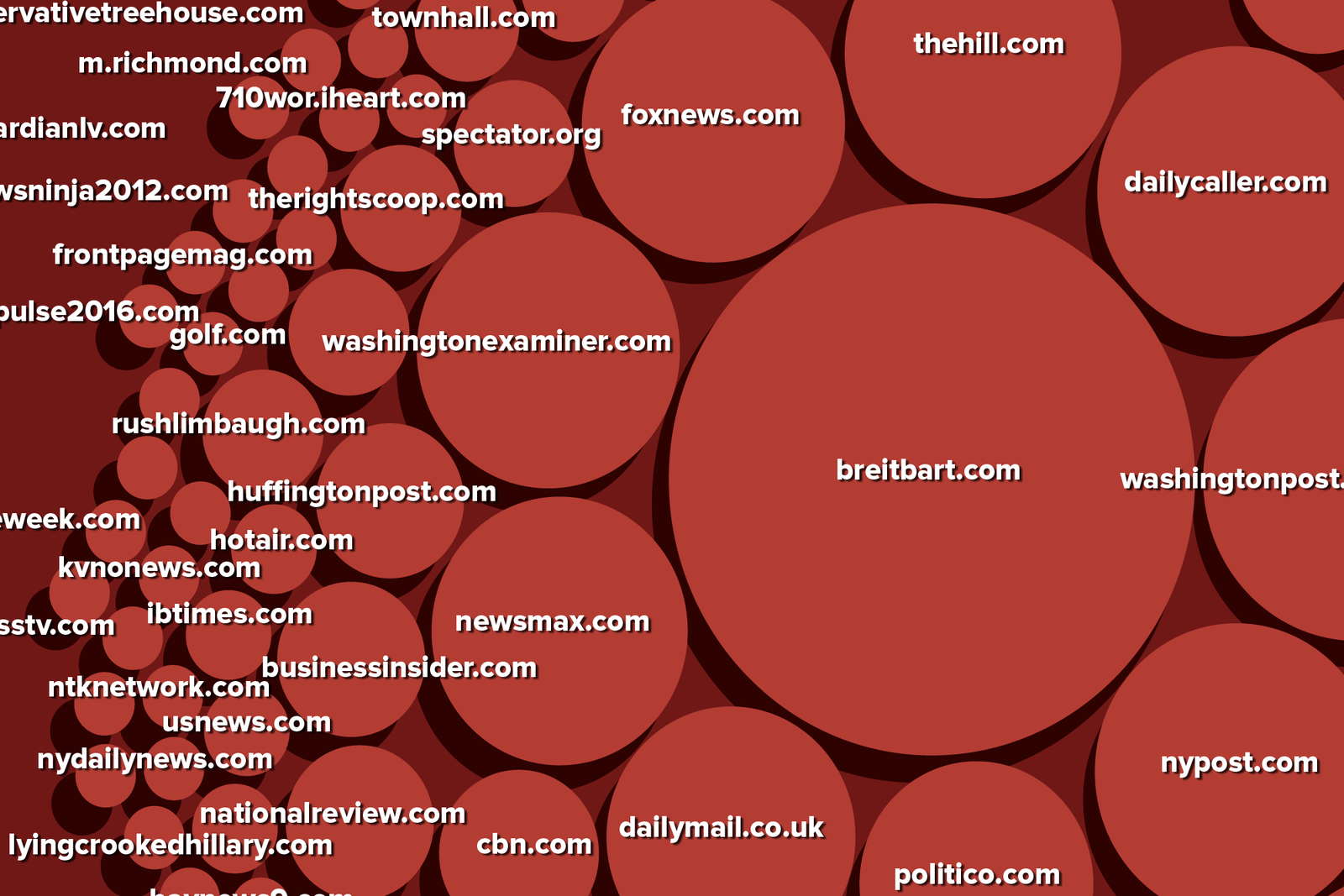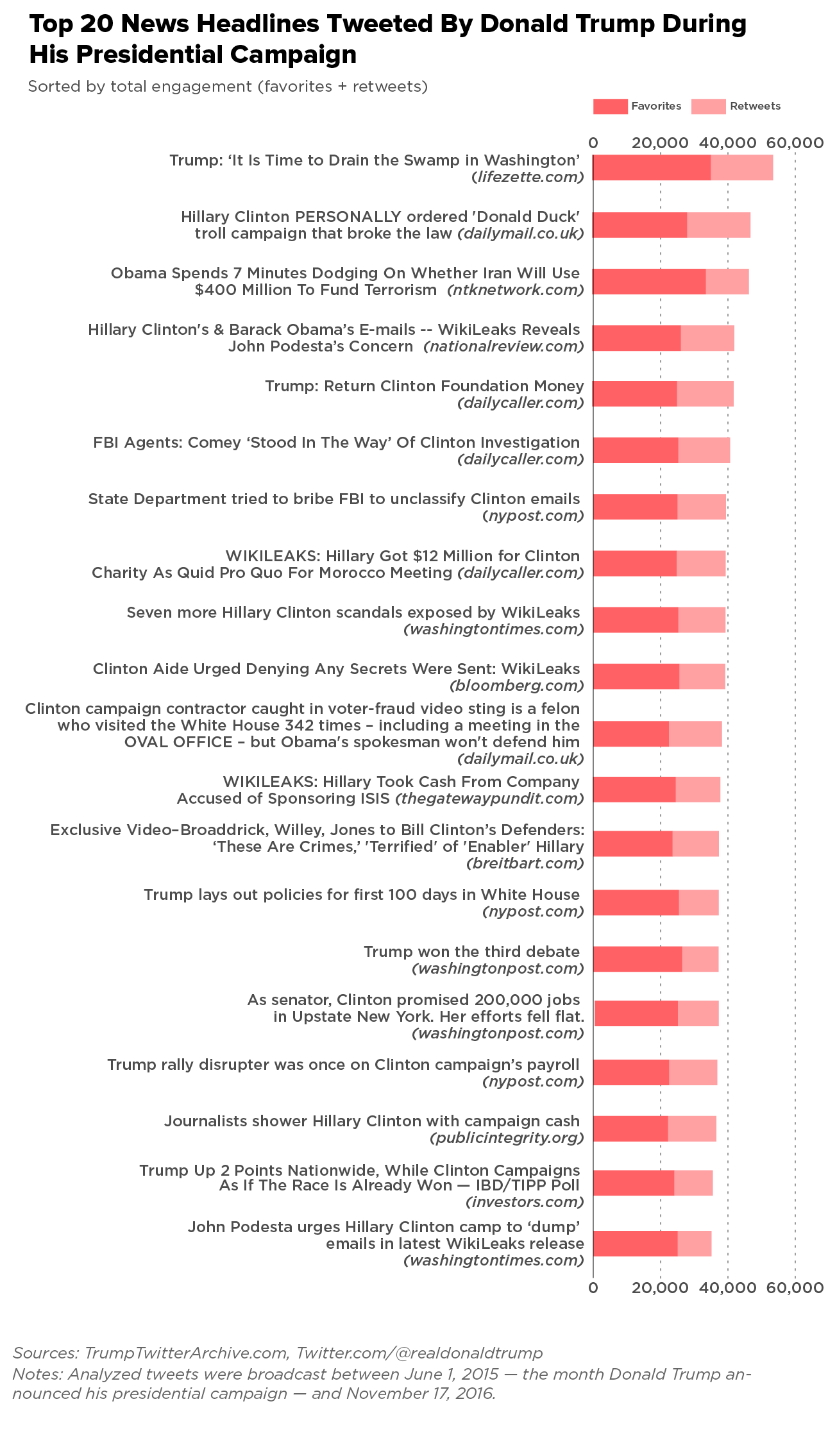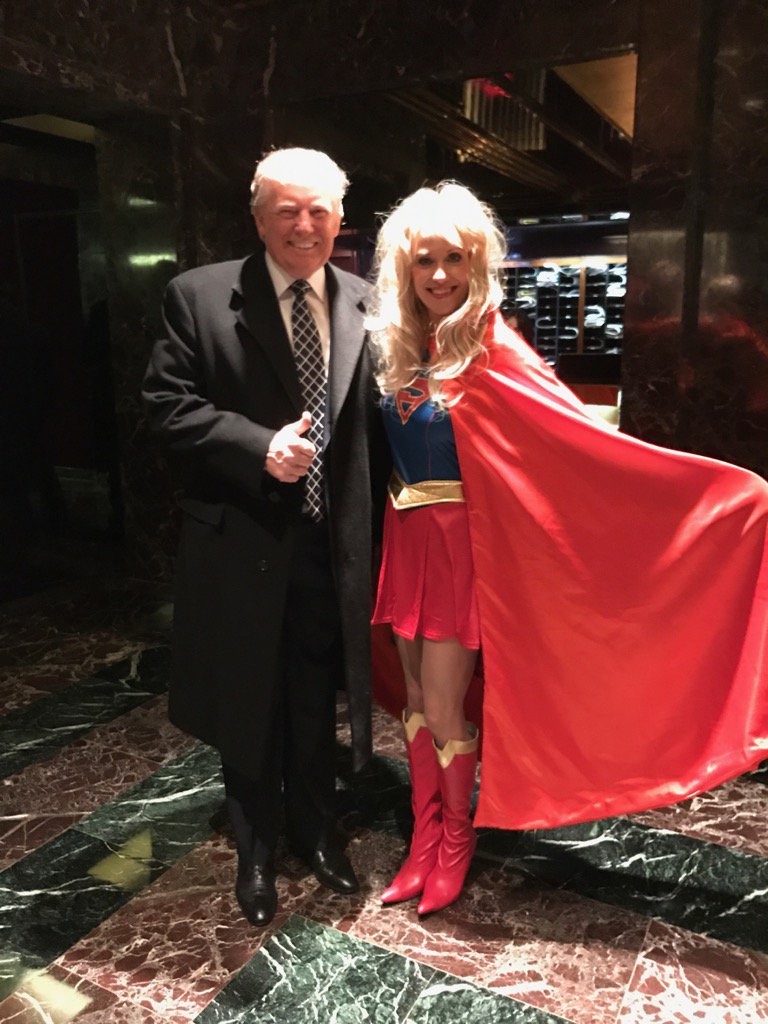PANIC! At The Disco.
Don't worry, folks... Paste Magazine assured those in TERROR of the prospects for the next four years: TRUMP will never be President!
Keep that finger on the pulse, Paste.
(fire your editor)
No matter. It won't stop this thread from chugging along. In fact, a page count of 500 may actually open up a hole into our spacetime fabric, allowing a fleeting opportunity to reach back and rewrite history, pulling the levers in favor of the other beast.... I am quite confident, given the persistent energy displayed thus far in this epic thread, that we'll surely hit that 500 page mark soon enough.
https://www.pastemagazine.com/articles/ ... eside.html
Don't Panic: Donald Trump Will Never, Ever Be President
By Ben Gran | May 4, 2016 | 2:50pm
A point-by-point breakdown of why Donald Trump is going to lose in November:
1. Most Americans Hate Trump
Donald Trump is very popular with the idiots, racists, gun-lovers and woman-haters who came out to vote in the Republican primaries, but he’s a terrible, TERRIBLE candidate for the general election. Most Americans hate Donald Trump. No seriously, check out the polls: Donald Trump is the most unpopular presidential candidate since David Duke in 1992. 67 percent of Americans have an “unfavorable” view of Donald Trump, while only 31 percent view him “favorably.” (Two percent of Americans have “no opinion” about Donald Trump. Wow. What must it be like to live like that? Who are these people? Are they all Zen Buddhist monks? I kind of want to find these people who have no opinion about Donald Trump and hang out with them—I need that kind of detachment and inner peace! Serenity now!)
Even aside from his big-picture unfavorable ratings, Donald Trump is especially unpopular with minority groups, women, and younger voters (a.k.a. “Millennials”). Trump is running an openly racist campaign, and the 2016 general election will have the most diverse electorate in history. Donald Trump has a long track record (not just during this campaign!) of saying horrible things about women, and women tend to vote at higher rates than men. Women have outvoted men in the past two presidential elections by a range of 4 million-7 million votes, and Trump is viewed negatively by 70 percent of women nationwide.
Simply put, women and minorities HATE Trump, and those are the groups of voters who will really decide the election in November. Plus, where are the “new voters” that Trump is really bringing to the general election? Trump has been really good at energizing the racist morons and losers who already came out to vote against the Black Guy in 2008 and 2012, but he’s not going to bring hordes of new voters to the polls in November. Lots more people are going to be strongly motivated to vote AGAINST Trump than to vote FOR him. Latino turnout is going to be off the charts. Millennials hate Trump too, and they’re the most populous generation in America now. And I’m no expert on what women want (just ask my wife! Ha ha!) but is it possible, ever so slightly, that some women might be particularly motivated to turn out to vote against a sexist bully while also, oh by the way, electing the First Woman President???
Basically, if Black turnout and Latino turnout stay anywhere near the levels where they were in 2012, and if women turn out to vote against a man who openly despises them, and if those zany Millennials can stop Snapchatting nude photos to each other long enough to actually show up at the ballot box, Trump is toast.
2. Trump’s Message is Pessimistic and Whiny
Trump’s message is basically this: “America is a bunch of losers. We don’t win at anything anymore. We don’t have a country anymore. We’re getting killed on trade and taken advantage of by loser countries like Mexico and China.” (The idea that America is “losing” to Mexico and China might be news to Mexico and China, both of which have horrible problems: Mexico’s horrifying drug violence, China’s plummeting economic fortunes. Lots of people in those countries would be happy to have America’s problems right now.)
Trump is trying to appeal to America by insulting America. His overarching message has no real basis in reality, for a country with low unemployment, where the Dow Jones Industrial Average is near 18,000 and which has economic strengths that most of the rest of the world would envy. In fact, Trump’s anti-trade message is likely a non-starter with most of the country; Gallup polls indicate that 58 percent of Americans view free trade as an “opportunity,” while only 34% see trade as a “threat.”
Trump’s message works for angry white racists, paranoid Fox News viewers, and other people who are at high risk of dying from an accidental self-inflicted gunshot or mishandling fireworks, but this message of self-hating defeatism and American decline does not match the overall mood of the country. He’s telling America that they’re losers and that their country is dying—but this message of defeat and decline is not a winning formula for the general election. Usually, the most optimistic presidential candidate wins. Americans don’t like their presidential candidates to dwell on negativity and problems.
3. Trump Is Not Remotely Ready for This
Trump does not have the character or temperament for winning a presidential election. Running a nationwide presidential campaign is the ultimate test of a person’s mettle, courage and intellect, and Trump is an insecure, thin-skinned man-baby who has never been in a real fight in his life. He’s not going to be tough enough to handle the scrutiny and the pressure; he’s never been tested like this before.
And sure, he won the Republican nomination against the most incompetent opposition in political history, but that was a cakewalk compared to what’s waiting for him in the general election campaign. The Republicans barely attacked Trump during the primary—Jeb Bush was too much of a milquetoast to stand up to Trump during the debates, and he spent most of his Super PAC war chest attacking Marco Rubio instead of Trump. The Republican clown car was too crowded for the field to narrow soon enough to establish a clear alternative to Trump, and by the time Cruz and Kasich tried to do their pathetic “Stop Trump” alliance, Trump had unstoppable momentum.
Democrats are licking their lips in anticipation, and the full offensive is about to be launched. He’s going to be hit from every direction with the full force of the Democratic Party and all of its various Super PACs as they barrage him with brutal attack ads. Hell, Democrats won’t even have to write ad scripts—they can just show unedited footage of Trump saying incredibly racist, sexist, stupid things.
And that’s before Trump’s inevitable meltdown during the debates, when he gets angered by the relentless spotlight, and whines about the “unfair” questions, and can’t contain his misogynistic contempt for Hillary, and comes across on national television looking like America’s Worst Sexist Boss. (I hope Megyn Kelly moderates every single debate.) Who knows how insane Trump will become by the end of this? Remember when the stress of campaigning drove John McCain to choose Sarah Palin as his running mate?
4. The “Smart” Republicans Didn’t Want This to Happen
Donald Trump’s own party doesn’t really want him to win. Sure, the disorderly rabble of the GOP primary voters have given Trump a plurality of the popular vote and a majority of convention delegates, but most of the real power behind the Republican Party—the big donors and establishment insiders and elected officials—are hoping for Trump to lose and then quietly go away, without permanently alienating Trump’s voters from the GOP. They’re offering up the 2016 election as a sacrificial lamb in the hope that they can avoid having Trump permanently destroy their party, and then regroup in 2020 with a better nominee and a more stable coalition.
Because here’s the thing: the same country that just twice elected Barack Obama is not about to turn around and elect a racist demagogue. America has many flaws, but American voters tend to avoid making the absolute biggest, most historically damaging screw-ups; we tend to get the big things right when it matters most. We chose FDR instead of Fascism. We chose Al Gore instead of George W. Bush (but the Supreme Court let Bush have the White House anyway). We chose Obama instead of Palin. The media is going to do their best to depict the 2016 election as being closer than it really is, because the media’s in the business of selling a great story, and “Big Loser Predictably Loses Big” is not a great story.
Donald Trump’s nomination is a sign of the Republican Party’s absolute failure and weakness, not a commentary on America’s strength. It is to the eternal discredit of the Republican Party’s that they have embarrassed the country by nominating a man like Donald Trump. But he’s not going to win in November, because he doesn’t have the votes! No matter what the angry white GOP primary voters think, America as a whole—this complex, multiracial, Information Age, economically resilient, World’s Greatest Democracy of a country—is not going to elect an angry orange clown. Donald Trumpmight do a lot of damage to America’s political culture, but he will never be president.







